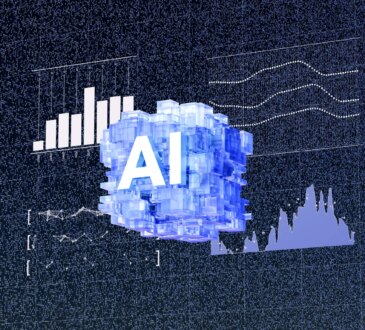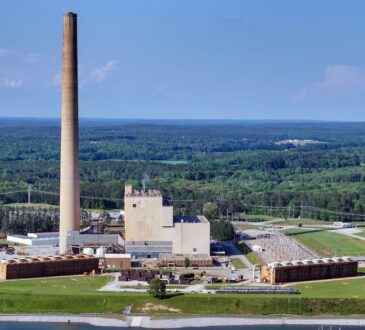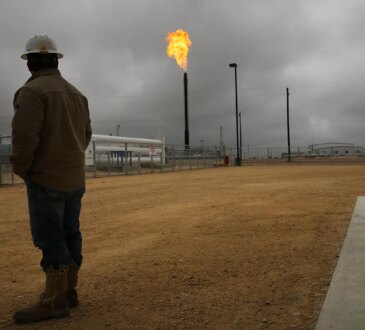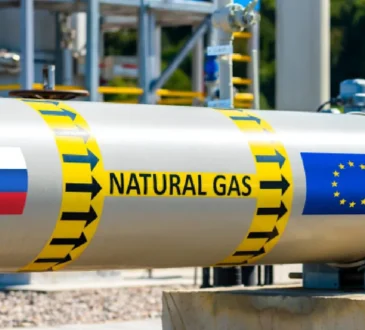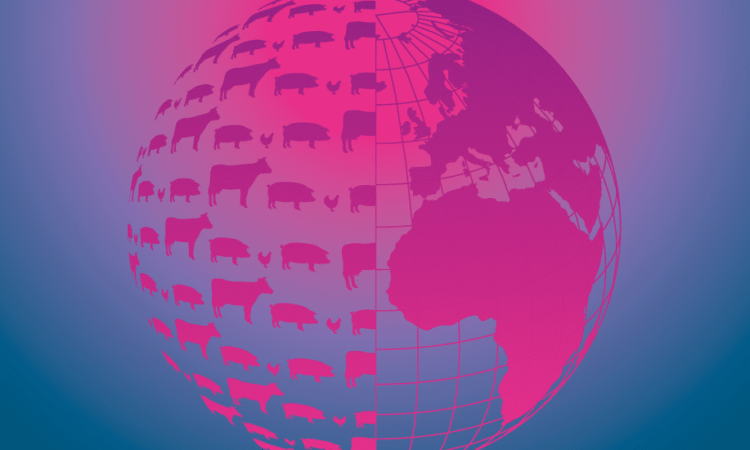
Roasting the Planet: Big Meat and Dairy’s Big Emissions, a new report co-authored by Foodrise, Friends of the Earth U.S., Greenpeace Nordic, and Institute for Agriculture and Trade Policy, reveals the colossal, yet often overlooked, climate footprint of Big Meat and Dairy.
What’s the problem?
The global livestock sector is estimated to be responsible for between 12% and 19% of total human-caused greenhouse gas (GHG) emissions, making it one of the world’s highest emitting sectors.
This new report presents the latest global assessment of the meat and dairy industry’s outsized climate impact, estimating the greenhouse gas (GHG) emissions generated by 45 of the world’s major meat and dairy processing companies in 2023/22.
The findings make it clear: cutting fossil fuel emissions alone isn’t enough. Tackling emissions from Big Meat and Dairy is essential to limit global heating, at a time when every fraction of a degree counts.
Key findings:
- These 45 Big Meat and Dairy companies combined emitted an estimated 1 billion tonnes of greenhouse gases in 2023/22 (in CO2eq ). If they were a country, they would be the world’s ninth highest GHG-emitting nation. In fact, the companies’ combined emissions are estimated to be more than those reported for Saudi Arabia, reportedly the second largest oil producer in the world.
- The methane emissions from these 45 companies combined are estimated to exceed the reported methane emissions of all the EU27 countries and the UK combined in 2023.
- The top five emitters emerging from this analysis combined — JBS, Marfrig, Tyson, Minerva, and Cargill — emitted an estimated 496 million tonnes of greenhouse gases in 2023 (in CO2eq ), more than reported for Chevron, Shell, or BP. The estimated greenhouse gas emissions of these five companies combined accounted for nearly half (48%) of the estimated total emissions of 45 meat and dairy companies analysed.
- JBS alone, estimated to be the world’s highest-emitting meat corporation, accounted for nearly one quarter (24%) of all estimated greenhouse gas emissions from these 45 meat and dairy companies. Greenpeace Nordic has estimated in an earlier publication that JBS emits more methane than reported for ExxonMobil and Shell combined.
Policy recommendations
We recommend that policymakers:
- Introduce mandatory reporting of key industry data for Big Meat and Dairy companies to ensure transparency and accountability.
- Set binding targets and emissions reduction plans for an absolute reduction of their national agriculture GHG emissions.
- Introduce regulation to ensure that Big Meat and Dairy companies’ environmental and social costs currently paid by the public are instead paid by the polluting company according to the “polluter pays” principle.
- Design a just transition to support: a shift away from large-scale animal agriculture (including animal feed) towards nature restoration and ecological agriculture systems that centre plant-based food production rooted in agroecology and food sovereignty principles that adequately support farmers, workers, and citizens; and produce healthy and nutritious foods. This should include:
- Subsidy reform to support this just transition.
- Reform to procurement of food for public institutions such as schools, government facilities, and hospitals.
- Reform to retail and catering business policies.
- Divestment of public pension funds and multilateral development banks from Big Meat and Dairy companies.
Download the full report here.

